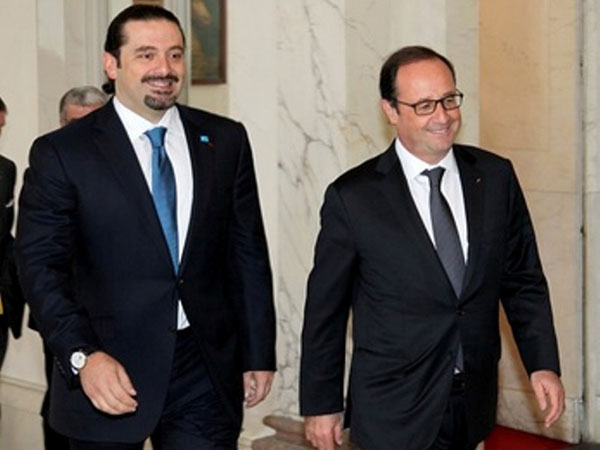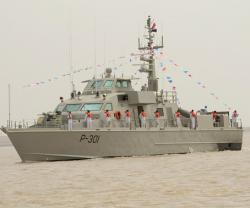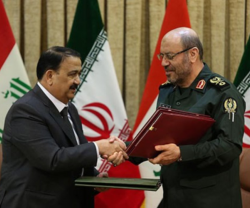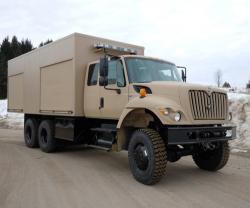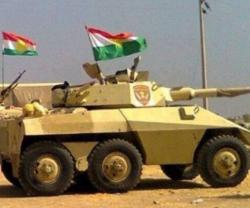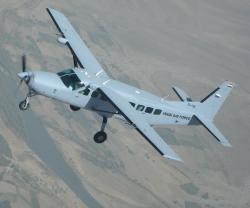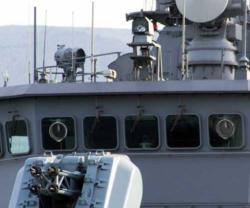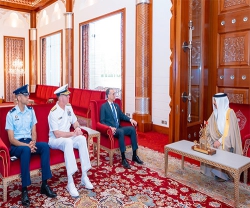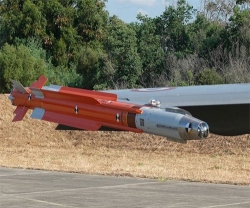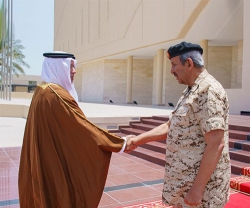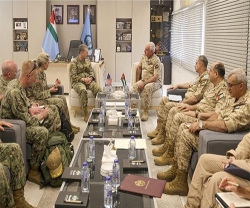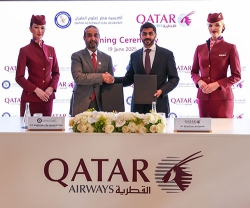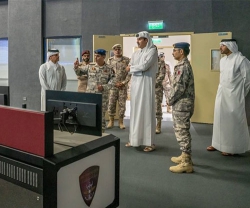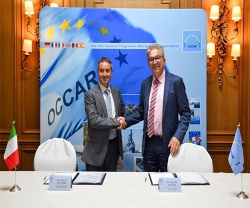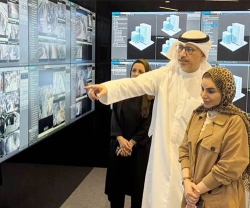Hariri, who has close links to the Saudi royal family, originally announced the deal after visiting King Abdullah in August, just days after Islamic State of Iraq and Syria (ISIS) militants attacked and briefly seized the Lebanese border town of Arsal.
The Lebanese Army has since stepped up its efforts to prevent fighters, most notably from al-Qaeda’s Syrian wing Nusra Front, from crossing into Lebanon, but it is ill-equipped and has repeatedly called for more military aid.
“With regard to the $1 billion that I am managing, in a few weeks, you’ll see results,” Hariri told reporters after meeting President François Hollande (photo).
“It is finalized and some equipment will arrive soon,” he said without giving any details.
Hariri also urged the international coalition to do more against ISIS. The United States has been bombing ISIS positions in Iraq since August and extended the campaign to Syria in September. Arab states have joined both campaigns, while other Western countries are participating in Iraq but not Syria.
“They need to do a lot more. Islamic State is advancing. The Western coalition must be more focused and destroy all of ISIS. It must hit hard and in a systematic way, not just strategically,” Hariri said.
Hariri was in Paris to meet Hollande to discuss the $1 billion deal and a second contract, which was agreed in December for which Riyadh agreed to grant Lebanon $3 billion to buy French weapons.
That contract has been under intense scrutiny for several months as negotiations between Paris and Riyadh over the deal have proved more complicated than first imagined.
Officials from all sides say the three-party nature of the deal is behind the delay, although French and Lebanese media have cited various reasons including commissions for the deal.
“Of course France will deliver weapons. I think it should happen and we’ll see in the coming days,” Hariri said.
French daily Le Figaro cited on October 3 the Head of the Lebanese Army General Jean Kahwaji as saying he had signed off on the weapons list, but was still waiting for an agreement between the other two states.
Citing sources, the paper said Saudi Arabia was now asking for guarantees that a new President in Lebanon would ensure the equipment was not used by Hezbollah.
Source: Reuters

